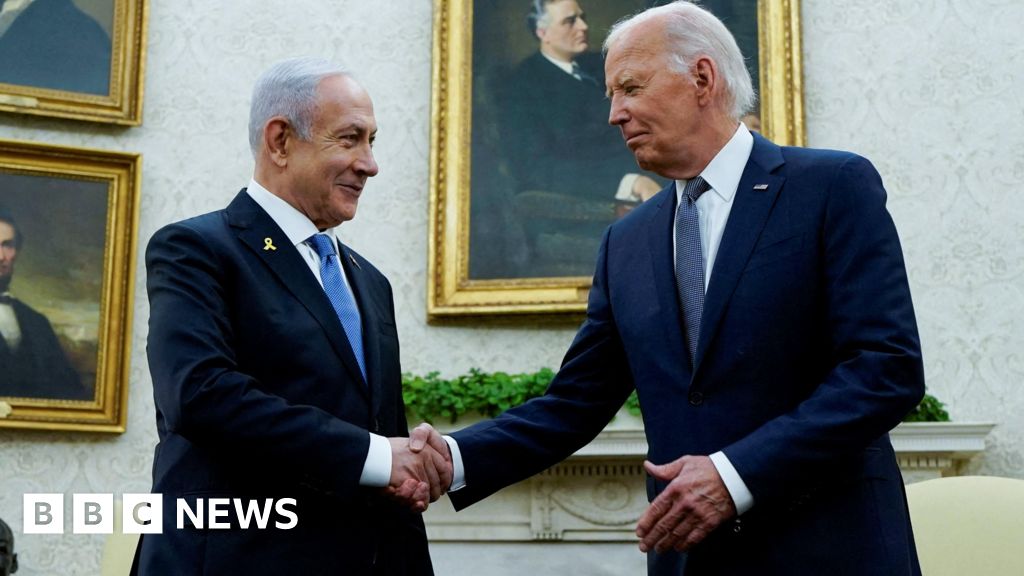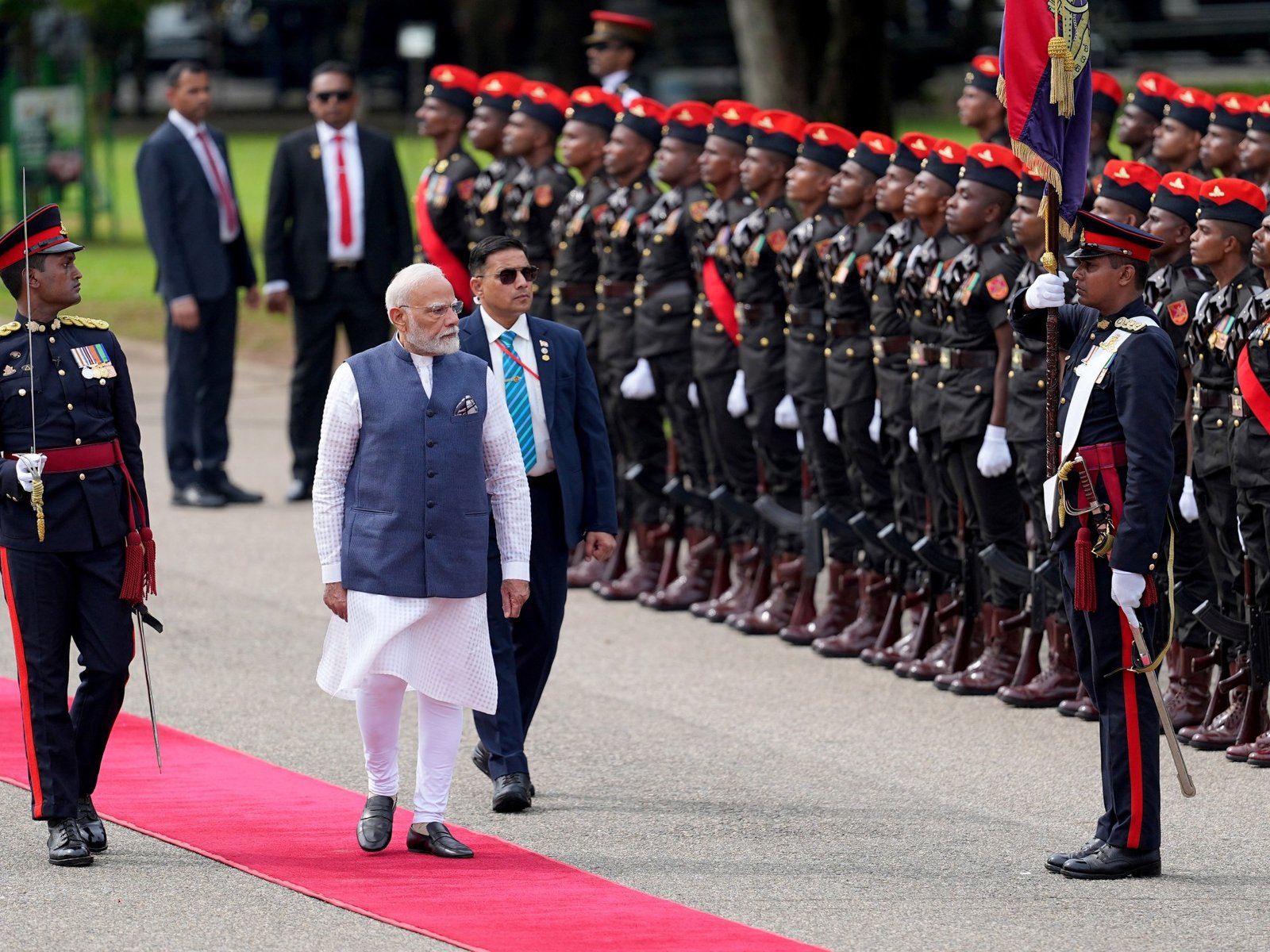
U.S. President Joe Biden and Israeli Prime Minister Benjamin Netanyahu spoke by phone in Biden’s final week in office as momentum builds for a Gaza ceasefire and hostage release deal.
It is understood Israel and Hamas are making progress, but uncertainty remains over key aspects of a potential deal.
The White House said Biden discussed “fundamental changes in the regional landscape” following the ceasefire between Israel and Lebanon’s Hezbollah, the fall of Assad’s regime in Syria and Iran’s weakening power in the region.
Netanyahu’s office said he had updated Biden on his latest instructions to senior negotiators in Doha “to facilitate the release of the hostages.”
In Sunday’s call, the first public announcement since October, Biden “emphasized an immediate ceasefire in Gaza and the return of hostages and an increase in humanitarian aid in line with the agreement to stop fighting.”
A day earlier, Netanyahu sent a high-level Israeli security delegation, including the heads of the Mossad spy agency and the Shin Bet security service, to the Qatari capital for indirect talks brokered by Qatari, U.S. and Egyptian officials.
Israeli media reported that Netanyahu was meeting with cabinet members who opposed the ceasefire agreement to persuade them not to resign.
British Foreign Secretary David Lamy met with his Israeli counterpart in Jerusalem to discuss progress on the deal.
Donald Trump’s Middle East envoy Steve Witkoff met with Israel’s prime minister on Saturday in an attempt to strike a deal ahead of the president-elect’s January 20 inauguration.
Trump has previously said “everything will fall apart” if the hostages are not released before he returns to the White House.
On Thursday, U.S. Secretary of State Antony Blinken said a deal was “very close” and that he hoped to “cross the line” before Trump takes office. He added that any deal would be based on proposals Biden put forward in May.
Despite the apparent increase in activity, there remains a lack of clarity on several key issues, including whether the initial truce will lead to a permanent ceasefire and whether Israeli forces will agree to a full withdrawal from Gaza.
Anshel Pfeffer, the Israel correspondent for The Economist, said he was skeptical a deal could be reached quickly.
“We’ve been here many times before,” he told the BBC’s Today programme.
“There’s room for more optimism, but until there’s a formal declaration or a truce or a ceasefire and we start to see hostages coming out, I’m going to remain skeptical.”
But he added that it would be in the interests of both Israel and Hamas to reach a deal before Trump takes office.
“(Hamas) fears that Trump will somehow allow Israel to launch devastation in Gaza that has not yet occurred.”
“Both sides feel a lot of investment and a lot of pain.”
The war was triggered by a Hamas attack on southern Israel on October 7, 2023, which killed about 1,200 people and took 251 others back to Gaza as hostages. In response, Israel launched a military offensive into Gaza to destroy Hamas.
The Hamas health ministry in Gaza said more than 46,500 people have been killed during the war.
Israel says 94 hostages remain in Gaza, 34 of whom are presumed dead, and four hostages abducted before the war, two of whom have died.







